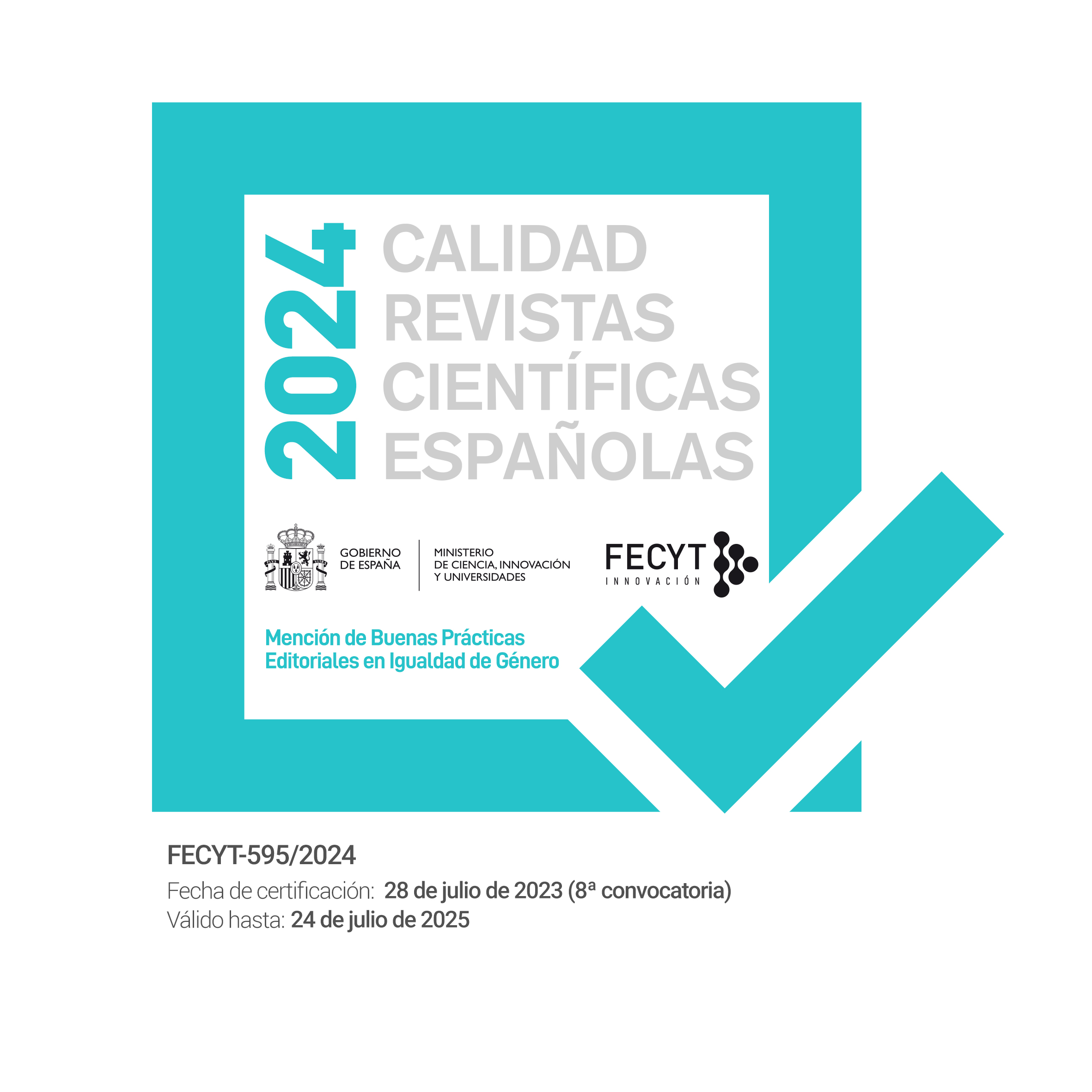Globalization and its outcasts. About Zygmunt Bauman
DOI:
https://doi.org/10.15257/ehquidad.2014.0008Keywords:
Human Residues, Inmigration, Globalization, Liquid Modernity, ProgressAbstract
In the following pages we are going to put forward a work which contains some sociological and anthropological ideas that we have got from Zygmunt Bauman´s thought. Thoughts that the author, even though he likes to make comparative between differenthistorical moments, especially focuses on what he names modern liquid world, in which we live. The “liquid” term/adjective has come defining great part of his thought and it is used by the author to describe all those situations –in a consumerist global world– marked by the ephemeral, transitory and brittle and also characterized by the instability, the insecurity, the chaos or the uncertainty. Many people are affected by these situations, especially the kind of people that Bauman names human residues, “superfluous” people -new outcasts-. We are talking about people who have been expelled from the labor market. The permanent empowerment/enrichment of some individuals by the impoverishment/ desolation of others, increasingly individuals. The history repeats itself once again. The permanent history of a minority of powerful rich, now a class called global elite, opposite to a local majority, in which we can find more and more poor people or people with a tendency to poverty. For example, there are more and more people who take part the middle class that are at risk of impoverishment In short, people who do not have enough resources to live well and with dignity. All of them have also lost many rights. We are also living in a global world that disbands the Social State or the Welfare State, which it was born to save/protect those individuals beaten by an economic system (neoliberal system), which does not have any piety.
Downloads
Download data is not yet available.
Downloads
Published
2016-05-29
How to Cite
de Haro Honrubia, A. (2016). Globalization and its outcasts. About Zygmunt Bauman. EHQUIDAD. INTERNATIONAL JOURNAL OF WELFARE AND SOCIAL WORK POLICIES, (2), 2564. https://doi.org/10.15257/ehquidad.2014.0008
Issue
Section
Artículos












